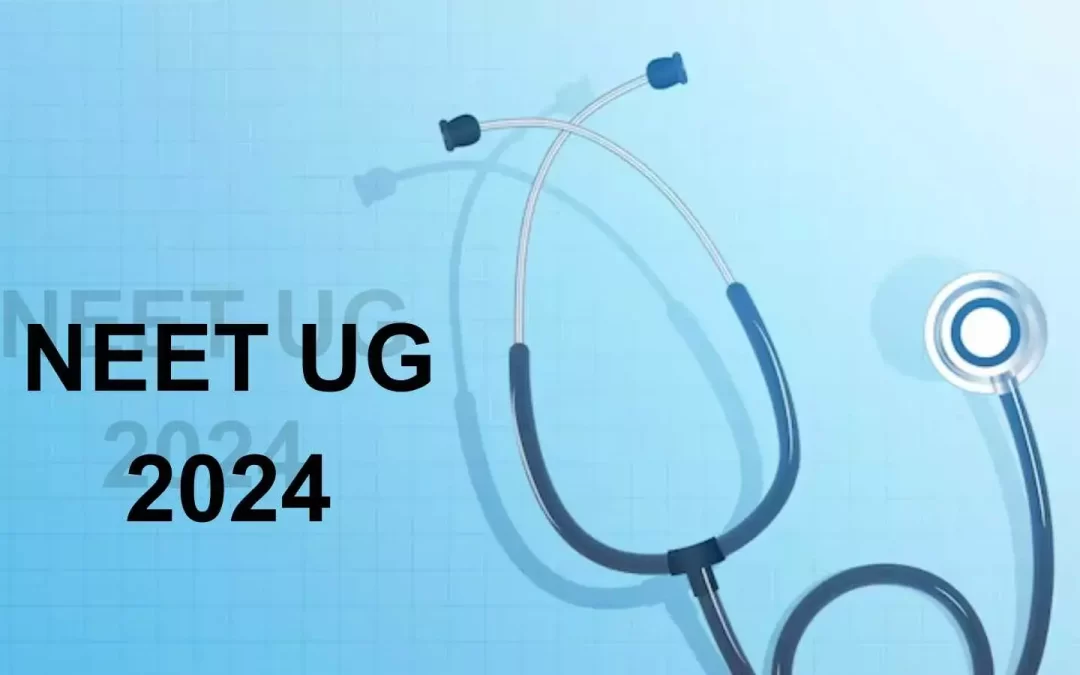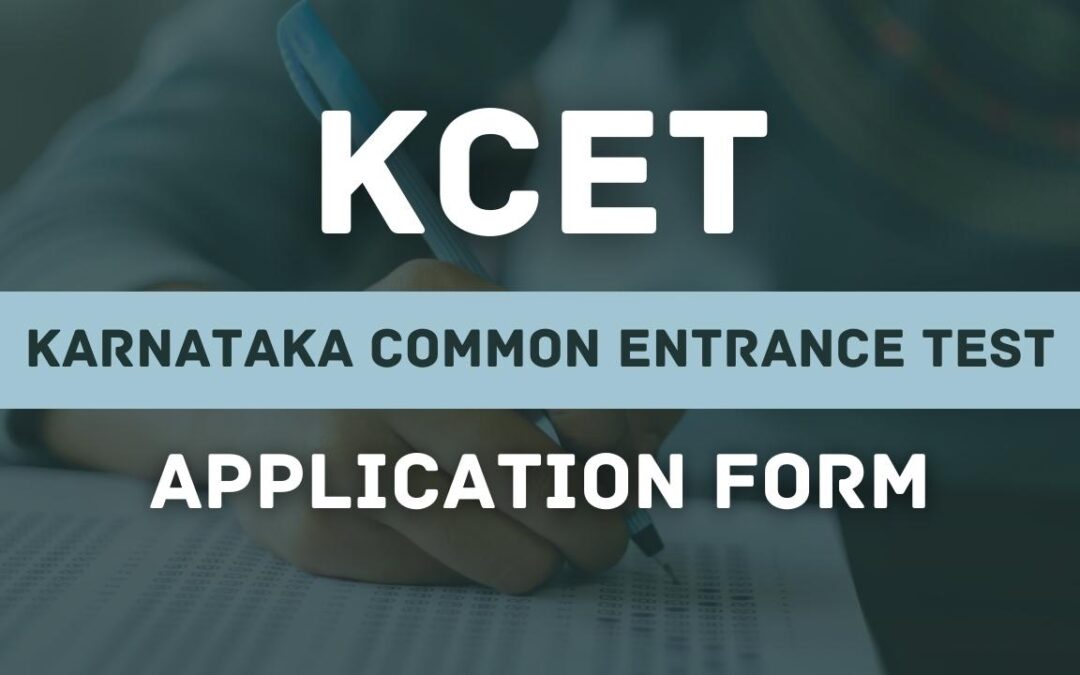
by web developer | Apr 17, 2024 | News
AIAPGET Exam Date 2024: All India Ayush Post Graduate Entrance Test registration 2024 last date is May 15, Know application process, important documents required, category-wise application fees. The National Testing Agency (NTA) has begun online registration for the...

by web developer | Apr 9, 2024 | News
The Karnataka Examination Authority (KEA) will soon release the admit cards for the Karnataka Common Entrance Test (KCET) 2024. Candidates registered for the exam can download their hall tickets from the official KEA website starting from April 5th, 2024, at 11:00 AM...

by web developer | Apr 3, 2024 | News
The Karnataka Examination Authority (KEA) will soon release the admit cards for the Karnataka Common Entrance Test (KCET) 2024. Candidates registered for the exam can download their hall tickets from the official KEA website starting from April 5th, 2024, at 11:00 AM...

by web developer | Apr 3, 2024 | News
The National Medical Commission (NMC), the regulatory body for medical education established by the Government of India through the National Medical Commission Act, 2019 [^1], has taken a bold step towards revamping the MBBS program. In a move aimed at enhancing the...

by web developer | Apr 3, 2024 | News
The upcoming Lok Sabha elections in India, a crucial democratic exercise to elect representatives for the national parliament, have necessitated a rescheduling of several major entrance exams. This can be a stressful time for students who have been diligently...





